Author: Megan Feeney
-
2022 sees second-highest level of recall activity since Ballotpedia began tracking
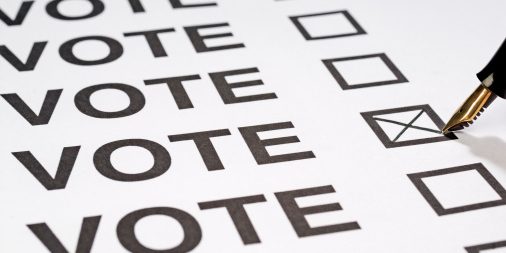
In 2022, Ballotpedia tracked 247 recall efforts against 414 officials. This is the second-highest number of recall efforts since Ballotpedia began tracking this statistic in 2014. Only 2021 had more recall activity—with 357 recall efforts against 545 officials. Michigan was the state with the most officials facing recall efforts for the second time since Ballotpedia…
-
Ballotpedia’s mid-year recall report shows sustained interest in school board recall
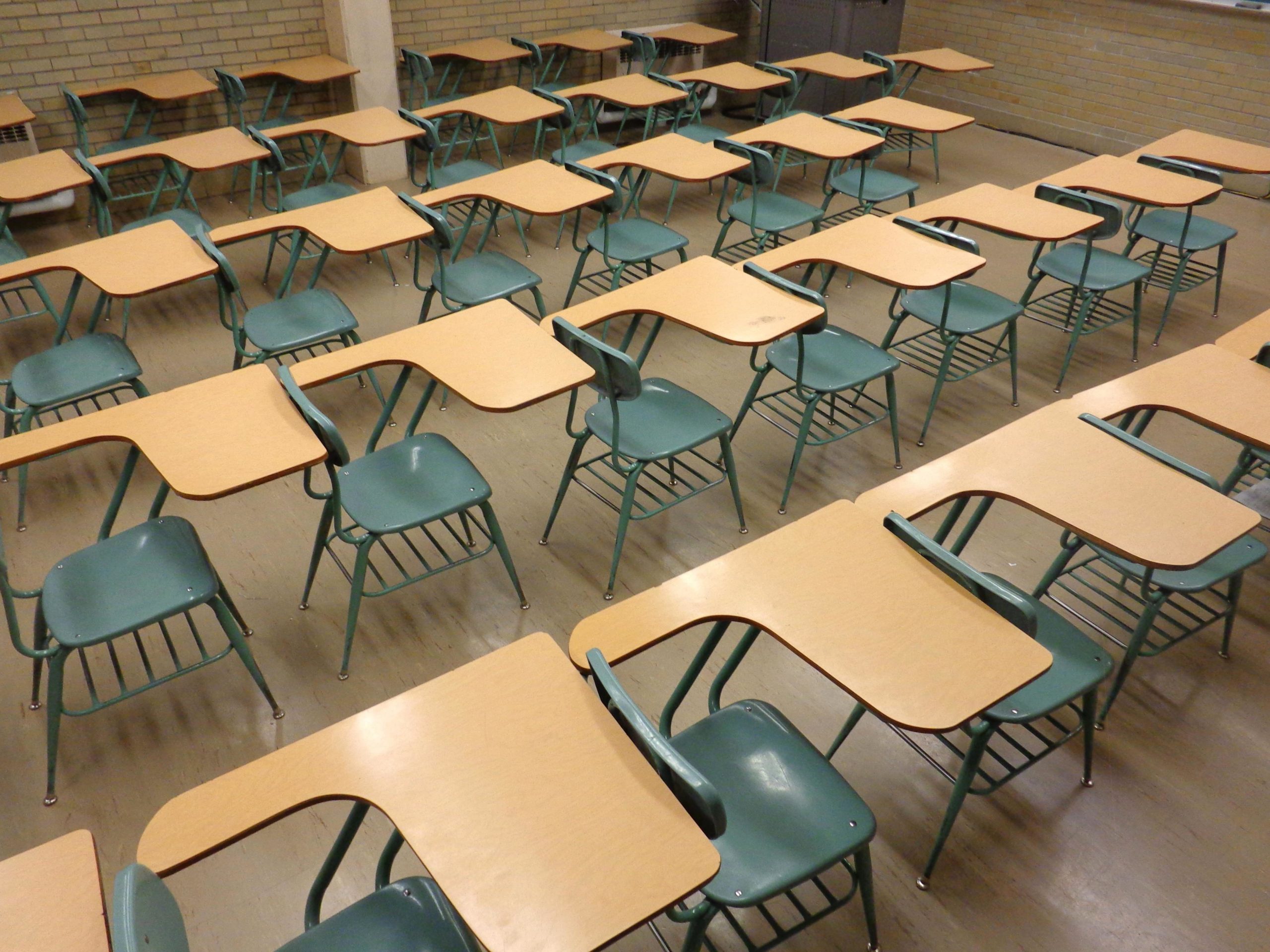
In the first half of 2022, Ballotpedia tracked 152 recall efforts against 240 officials. These figures represent a small decline from 2021, when we tallied 165 recall efforts against 263 officials by midyear. In comparison, the highest number of recall efforts we have tracked by midyear was 189 in 2016. The lowest was 72 in…
-
Seven Oklahoma school districts hold primaries on February 8

Eight school board seats in seven Oklahoma school districts covered by Ballotpedia were up for nonpartisan primary elections on Feb. 8, 2022. Candidates competed to advance to the general election scheduled for Apr. 5. The districts holding primaries included Broken Arrow, Catoosa, Edmond, Mustang, Piedmont, Tulsa, and Union Public Schools. Three candidates won the election…
-
Number of recall efforts soars to highest level since 2012

Ballotpedia tracked more recall efforts this year than any other year since we started compiling data on recalls in 2012. We identified 529 officials targeted for recall in 2021, compared to 301 in 2020 and 233 in 2019. The year with the second-most recalls was 2014 with 387 officials targeted for recall. Despite the increase…
-
Filing deadline approaches for two California State Assembly special elections
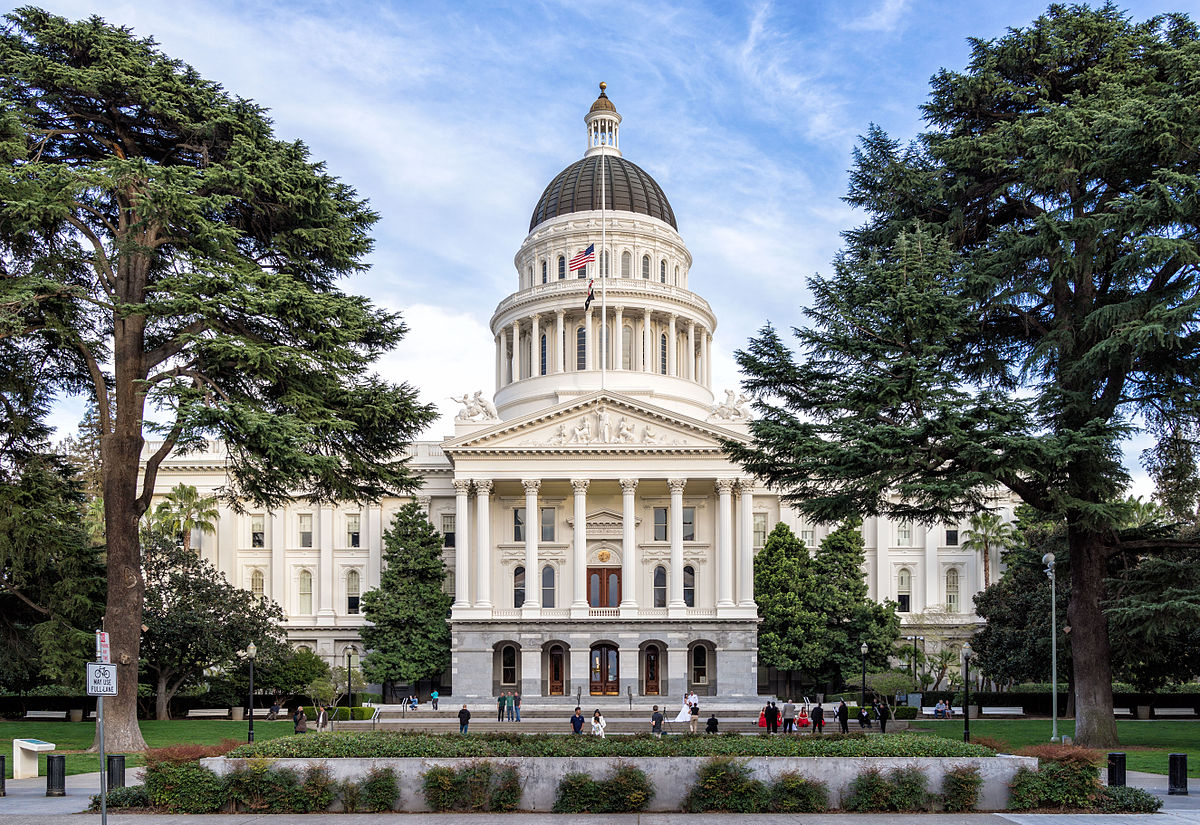
Candidates interested in running in special elections for California State Assembly Districts 17 and 49 have until Dec. 22 to file. The primary election for both races is scheduled for Feb. 15, and the general election is set for April 19. California uses a top-two primary system, in which all candidates are listed on the…
-
Jodi Nelson (R) defeats Mary Eisner (D) in New Hampshire House special election
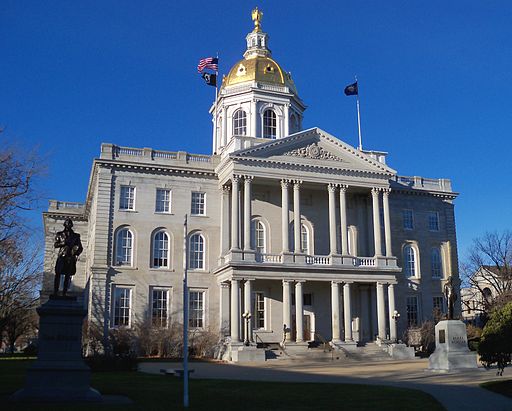
A special general election was held for the Rockingham 6 District of the New Hampshire House of Representatives on Dec. 7. Jodi Nelson (R) defeated Mary Eisner (D), earning 58.8% of the vote to Eisner’s 41.2%. Nelson earned 77.7% of the vote in the Republican primary held on Oct. 19, defeating Neil Wetherbee and Thomas…
-
Special general election to be held Dec. 7 for New Hampshire House of Representatives Rockingham 6

The special general election for the Rockingham 6 District in the New Hampshire House of Representatives is on Dec. 7. Mary Eisner (D) and Jodi Nelson (R) are competing in the special election. Nelson advanced from the Republican primary on Oct. 19, earning 78% of the vote. Eisner was unopposed in the Democratic primary. The…
-
Hickman defeats Duong in Mississippi state Senate special runoff election

A special general runoff election was held for Mississippi state Senate District 32 on Nov. 23. Rod Hickman earned 59.8% of the vote, defeating Minh Duong, who earned 40.3% State legislative special elections are nonpartisan in Mississippi, meaning that candidates’ party affiliations do not appear on the ballot. Hickman and Duong had advanced from the…
-
Filing deadline approaches for South Carolina State Senate special election
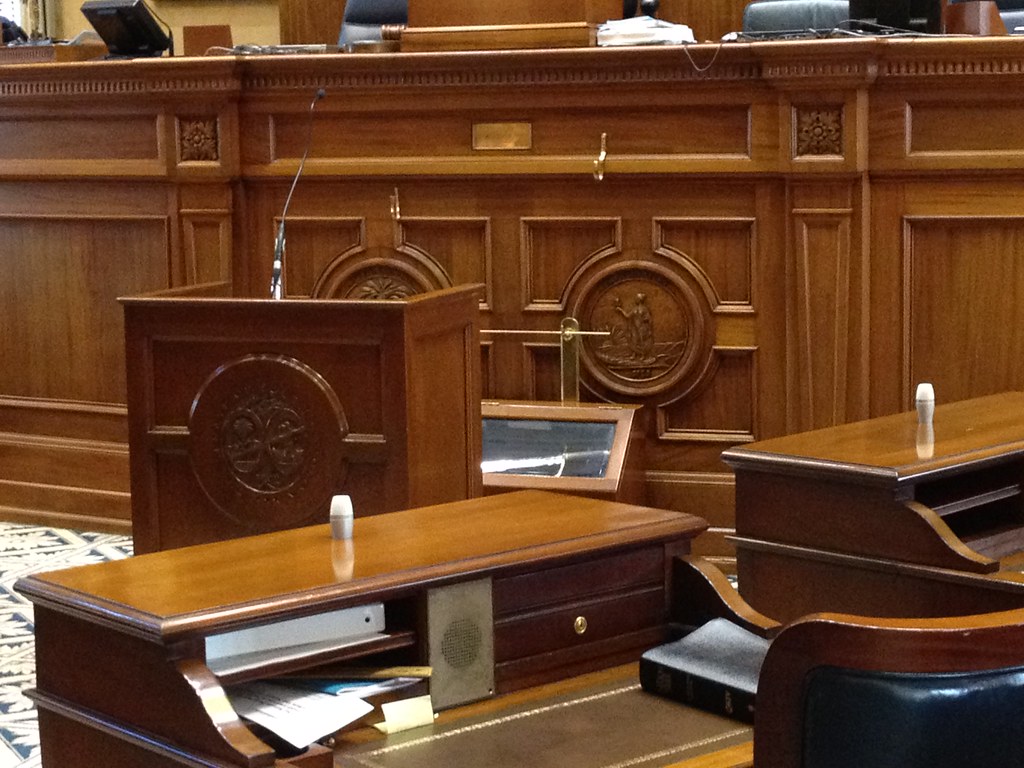
Candidates interested in running in the special election for South Carolina State Senate District 31 have until Dec. 11 to file. A primary election is scheduled for Jan. 25, and the general election is set for Mar. 29. If no candidate earns a majority of the vote in the primary, a primary runoff election will…
-
Mississippi Senate District 32 special election advances to runoff
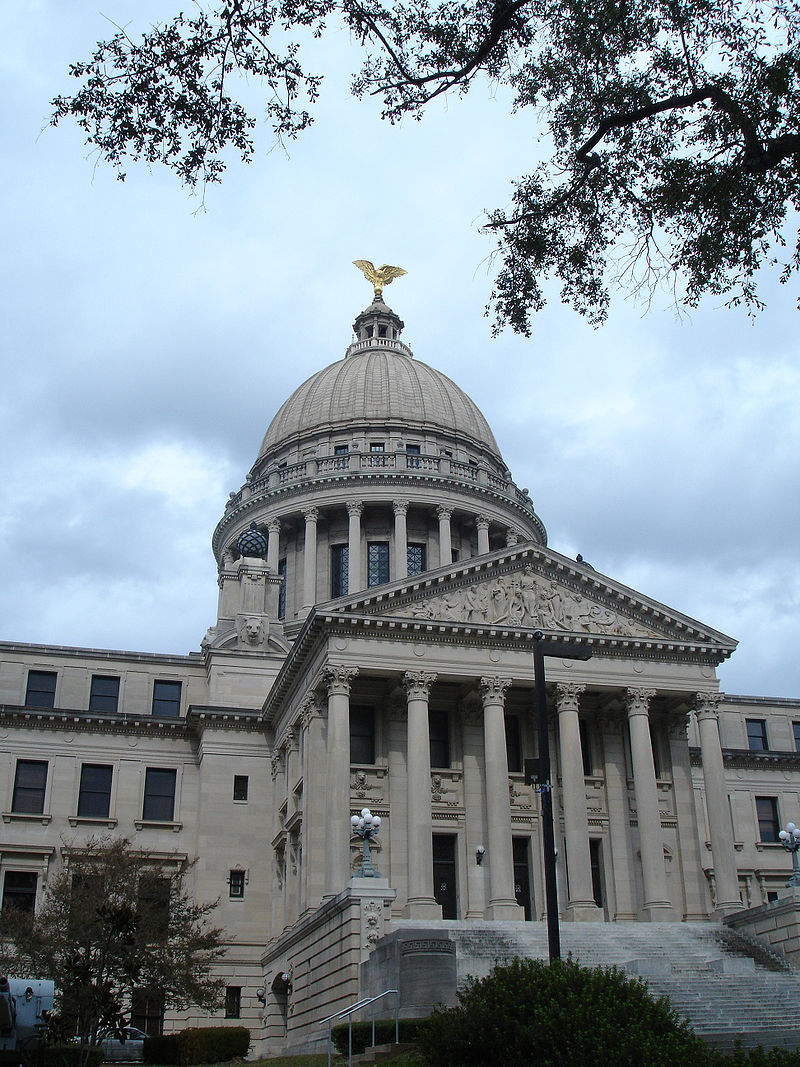
The special general runoff election for Mississippi State Senate District 32 is on Nov. 23. Rod Hickman and Minh Duong are competing in the runoff, after finishing in first and second place, respectively, at the general election on Nov. 2. Hickman and Duong defeated seven other candidates in the general election, earning 25.8% and 22.5%…

